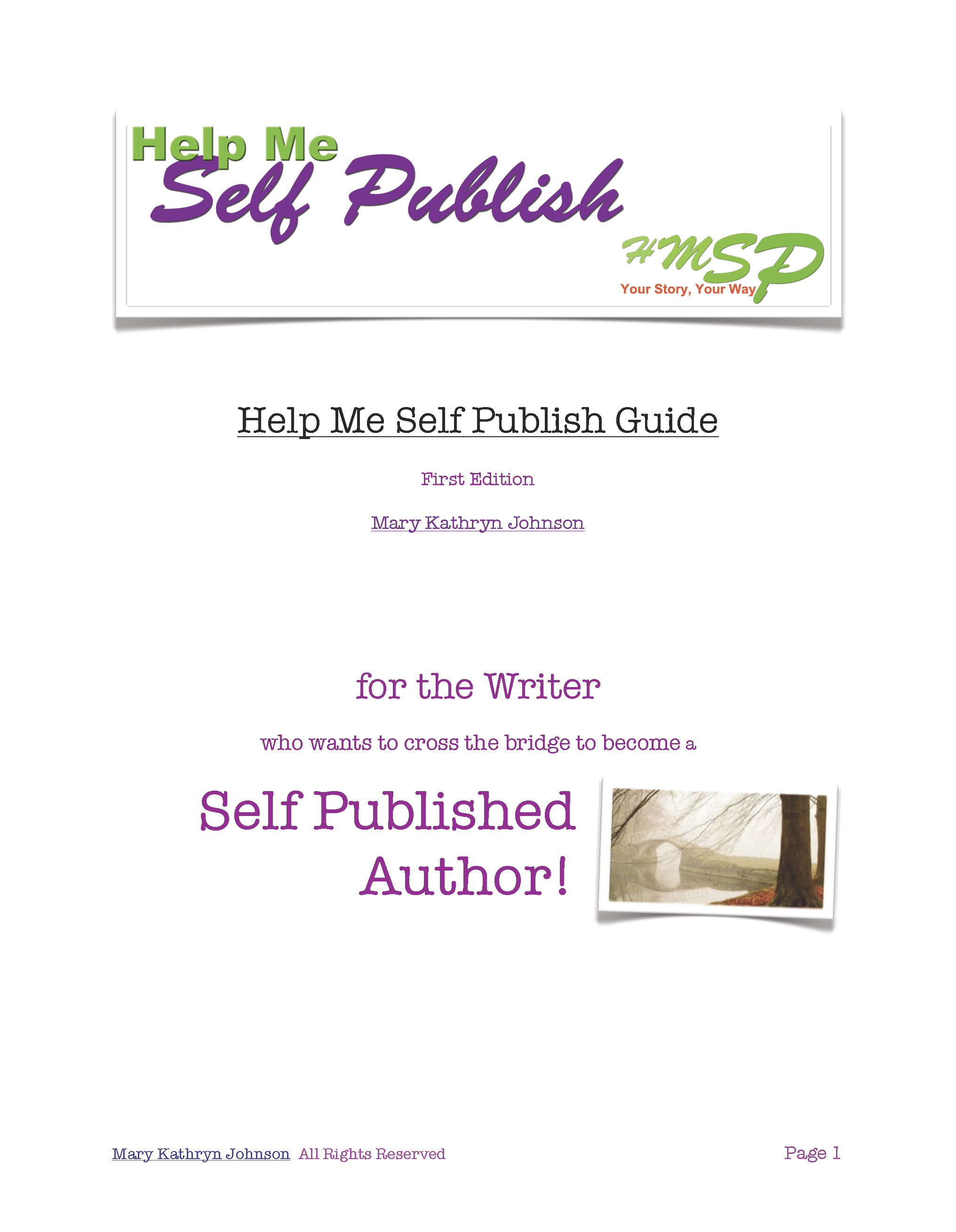12 Reasons Why Self-Publishing Kicks Butt Over Traditional Publishing
Speaking as someone who has been traditionally published and self-published, I understand both sides of the equation. I was elated when I got my first book deal, but after subsequent book deals, that excitement faded. I still get aggravated whenever a royalty check arrives because those checks are pitifully low compared to what I earn from my self-published titles. The publishing house is the one reaping all of the rewards.
If you’re thinking about your publishing options, following are some reasons why self-publishing rules over traditional publishing—and why now is the best time to take control over your work.
1. Make More Moola
On average, traditional publishers pay authors around $1.25 per book in royalties. So if your book sells for $20, you earn just over a buck. You don’t have to be a mathematician to know that you have to sell a ton of books to actually make decent revenues with a traditional publisher. Conversely, when you publish yourself, your book printing and distribution costs might run around $4.00 per book. Sell a book for $20 and you earn $5 to $10 depending on the retail outlet, and $16 if you sell it yourself. Need I say more?
2. Buy Your Books at a Better Price
If you want to buy copies of your own books from your traditional publisher, expect to pay 40% to 50% off of the retail price. So if your book retails for $20, you will likely pay $10 per copy even though it costs the publisher just $2 or $3 to print your book. Yep, they make money off the authors too. When you self-publish, you buy your books at cost.
3. Book Advances are Like Unicorns
Okay, book advances may not be exactly like unicorns because advances do exist, however they are not as exciting as they sound. These days publishers are paying less and less to acquire books (unless you are a celebrity author or you’re on a reality show). The average author with a first-time book deal can expect to receive an advance of $5,000 to $15,000. Once your book is released, you won’t see another dime until you have earned back that advance–$1.25 at a time—until the advance is paid back in full.
4. Maintain Control
Once you sign with a traditional publisher, they essentially own all the creative control over your work. The can change your title, modify your text, or even remove entire chapters. You will have little or no say at all over the cover and interior design. By the time it’s done, it may only loosely resemble the manuscript you wrote.
5. Faster Time to Market
Most traditional publishers take a year or more to bring a book to market. With self-publishing, you can have your book finished and ready to roll within a matter of weeks.
6. Bookstore Placement Matters Less
One of the benefits of traditional publishing used to be that you would get bookstore placement. However, some reports have shown that at least 70% of book sales happen online, and with the rise of ebooks, that number is climbing by the day. Sadly, bookstores are barely hanging on. They no longer have the impact on sales that they once had.
7. Sell Your Own Ebook
Traditional publishers require rights to your print book AND ebook, and you will be paid a paltry sum for ebook sales. You will also be forbidden to sell or distribute your book in ebook format, and instead will have to route those sales back to your publisher. It’s like leaving piles of cash on a table that you can see through a glass window but cannot touch.
8. You’re the Marketing Agent Anyway
Many new authors wrongly assume that a traditional publisher is going to play an active role in marketing books. Unfortunately, this is rarely true. In some cases you may work with a contracted publicist who will book you on a few radio shows. You might receive some promotional fliers and bookmarks. But don’t expect much beyond the basics. You’re still expected to do the majority of marketing for your books and if you’re going to do it anyway, why not focus on marketing your self-published work where you make a lot more money as a result?
9. Reprint Whatever You Want
When you self-publish, you create the rules. You can tweet your book out to the world 140 characters at a time. You can reprint excerpts from your book on your blog or on other websites and blogs. You can print out chapters and distribute them at live events. Want to do this under a traditional publishing agreement? You’ve got to get permission to reprint your own work—and there’s a good chance they will not allow you to do so.
10. Save Years of Work and Headaches
The process for landing a traditional publisher is incredibly time consuming. You must begin by contacting agents and editors with a query letter. If they respond, they will ask for a book proposal, which is a 30+ page document that can take as long to write as your manuscript itself, plus sample chapters from you manuscript. After sending a proposal you must wait for a response. About 99% of manuscripts are rejected, and so you keep trying. Even if you do land an agent, that agent still needs to find a publisher. This process can continue for years. Instead, self-publish and reap all the benefits right away. If your book does well, you can eventually sell it to a traditional publisher—though you may find that you won’t want to.
11. Consumers Don’t Care Who Published Your Book
Think about what it’s like when you’re shopping for a book. You look at the title, the author’s name, and the sales copy on the jacket (or online). Do you really care who published the book? Most consumers don’t pay much attention to the publisher. They read reviews and want to know that the book appeals to them; the publisher doesn’t really matter as long as it’s a good read.
12. The Self-Publishing Stigma Has Left the Building
When self-publishing first started dominating the scene, there was a stigma behind it. People assumed your book wasn’t as good as one released by a traditional press. However, that dividing line has faded. As long as your book is professionally produced—it has a great cover and comprehensive editing—then you have every reason to be proud that you took control and produced your book your way.
Stephanie Chandler is the author of several books including “From Entrepreneur to Infopreneur: Make Money with Books, eBooks and Information Products” and “The Author’s Guide to Building an Online Platform: Leveraging the Internet to Sell More Books.” Stephanie is also founder and CEO of AuthorityPublishing, which specializes in custom publishing for non-fiction books, and BusinessInfoGuide, a directory of resources for entrepreneurs.





